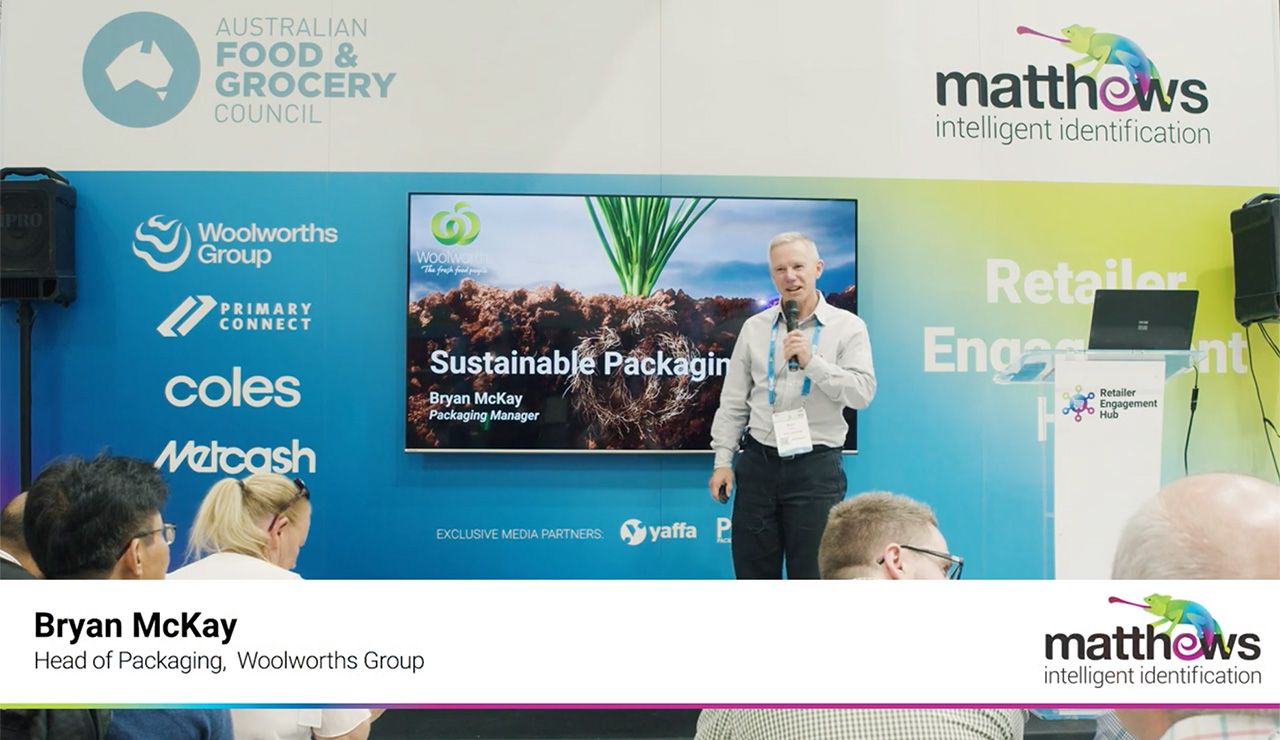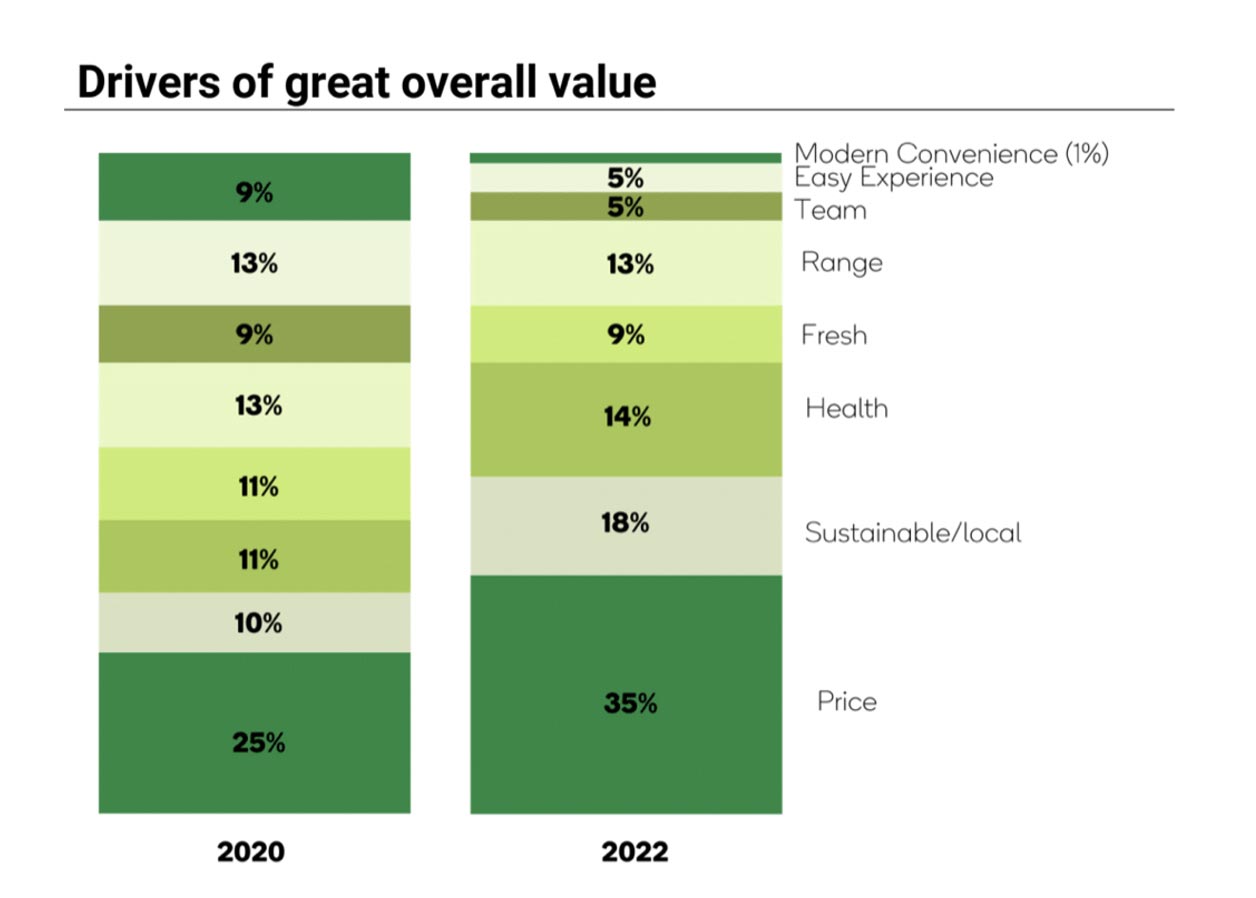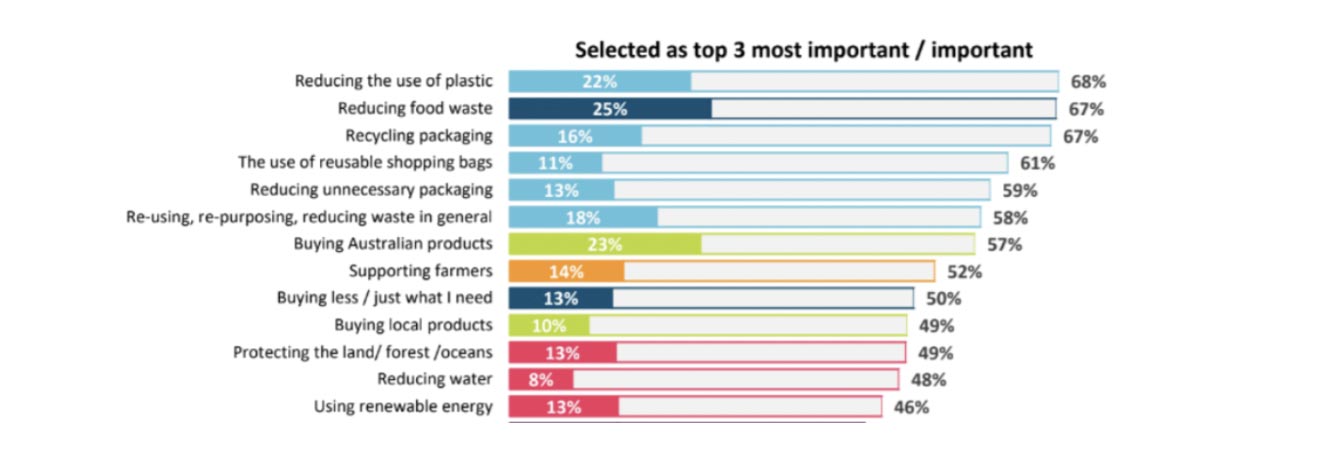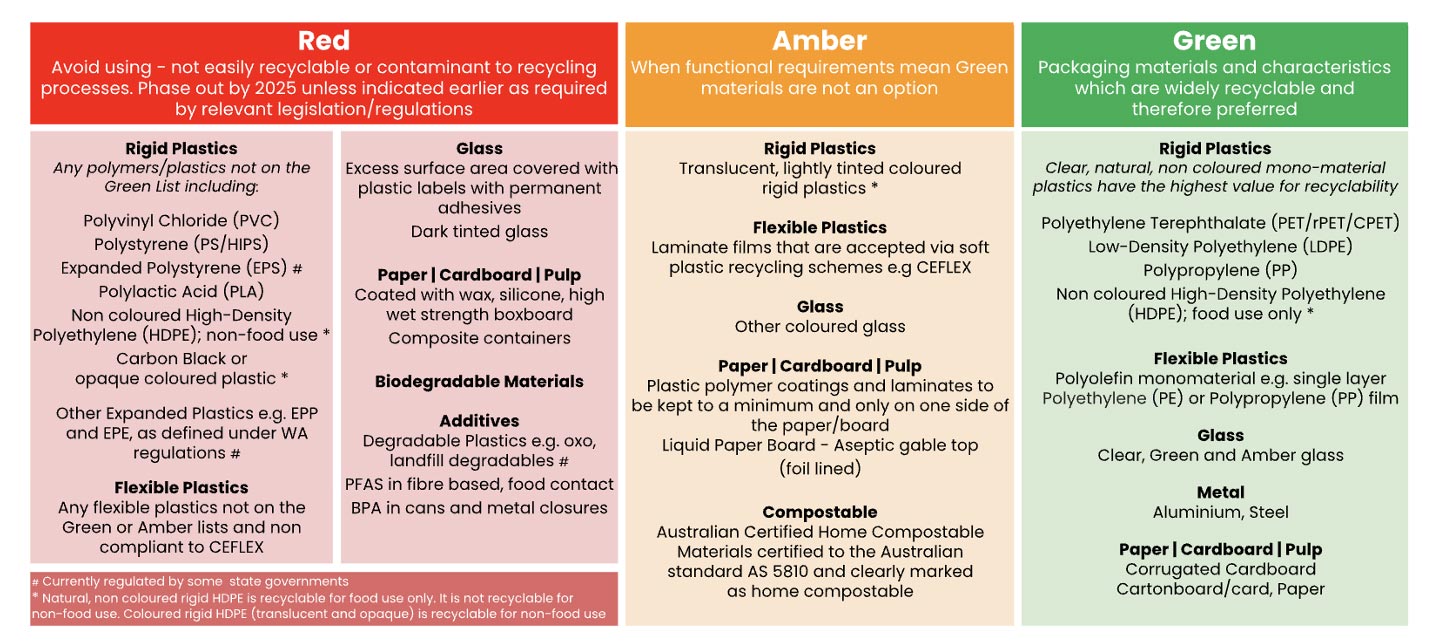May 31, 2024 by Mark Dingley
Should you be using sustainable packaging? Is it really worth the investment?
The answer is a resounding yes, according to Woolworths’ Head of Packaging Bryan McKay. (You can catch him in action here.)
Bryan McKay knows a thing or two about sustainable packaging: he’s been at the forefront of packaging sustainability in the FMCG and retail industry for 20 years, and, in 2023, he was the APCO Person of the Year Award recipient.
Among his many achievements, McKay developed and implemented the Woolworths Packaging Sustainability Strategy, helping to remove thousands of tonnes of plastic from the Group’s packaging.
At our Retailer Engagement Hub at APPEX 2024, McKay shared his insights into exactly why suppliers should focus on sustainable packaging.
Here’s a recap.

If you’re weighing up whether to move to sustainable packaging, Bryan McKay made it clear that it’s no longer a choice: it’s a business imperative.
Here are three top reasons why every supplier should be focusing on sustainable packaging:
It’s predicted that if we continue to pollute our waterways at the same rate we do today, by 2050 there will be more plastic in the ocean than fish.
Every Australian manufacturer should be aware of the 2025 National Packaging Targets. The Government’s expectation was that the industry would move quickly towards achieving them, but in 2023 it became clear it would not meet these targets. Now the Federal Government is stepping in and will begin to enforce mandatory standards around packaging design and minimum recycled content requirements to “provide regulatory certainty and consistency, and make businesses take responsibility for the 6.7 million tonnes of packaging they place on the Australian market”.
Customers say they want sustainability, but how important is sustainable packaging to customers, really? Let’s look at the research.
In a study of factors influencing overall value, consumers consistently prioritise price above all else. During challenging periods such as inflation or an increased cost of living, the importance of price to consumers rises. With reduced disposable income, consumers need to compromise on something, and typically, sustainability drops down the list.
But since 2022, there’s been a shift.
 Source: Brand Tracker Survey, House of Brand. Driver analysis: Relative importance for Woolworths, Coles & Aldi
Source: Brand Tracker Survey, House of Brand. Driver analysis: Relative importance for Woolworths, Coles & AldiNow, as the graph shows, price still has a greater value for consumers (increasing from 25% to 35%).
But surprisingly, the importance of sustainability has not declined: in fact, it went up from 10% to 18%.
And McKay said the most recent data he’s seen for 2024 has the same trend.
What does this tell us?
Quite simply that sustainability is not a fad.
Consumers understand it, they want it and they’re not willing to compromise on it – even when they’re tightening their purse strings.
The number one important sustainability factor for customers is packaging.
In another survey, Woolworths customers were asked: “Thinking about the things that contribute to sustainability, which of the following are most important to you?”
Packaging was at the top of the list.

Whether it’s reducing the use of plastic, reducing food waste, recycling packaging or reducing unnecessary packaging, customers want retailers and brands to take action on packaging first and foremost.
They rank it above reducing water, protecting forests and oceans, using renewable energy, supporting animal welfare, and more.
Now we know that consumers want sustainable packaging, where exactly do they want retailers and brands to focus?
Research by Woolworths Group in 2022 revealed customers’ wish list of sustainable-packaging initiatives:
How can you meet these goals?
Reducing the amount of packaging is key. There is no greater way to make packaging more sustainable than to reduce what you use.
Make packaging reusable, recyclable and compostable. To help, Woolworths has published a preferred packaging materials list in its Partner Hub which categorises packaging materials based on how easily recyclable they are.

Ensure consumers know what to do with the packaging after use and reduce confusion around what can and cannot be recycled.
Use recycled materials in packaging to close the loop and create a circular economy for packaging. Recycling is truly complete until packaging is successfully recovered and used again as recycled content, at its highest potential value for as long as possible.
For example, Australian plastic recycling startup Samsara has been working with Woolworths Group to bring the idea of infinite recycling to life. The startup is using technology that breaks down plastics with enzymes and makes plastic infinitely recyclable.
Looking for more inspiration for your sustainability goals? Learn from these brand collaborations. You can also improve sustainability by reducing waste in your coding and labelling processes.
Missed a session of our Retailer Engagement Hub at APPEX 2024 or want to recap the insights? We’ve put them all in one spot for you. Explore the sessions at your leisure or use the filters to find the presentation you want.